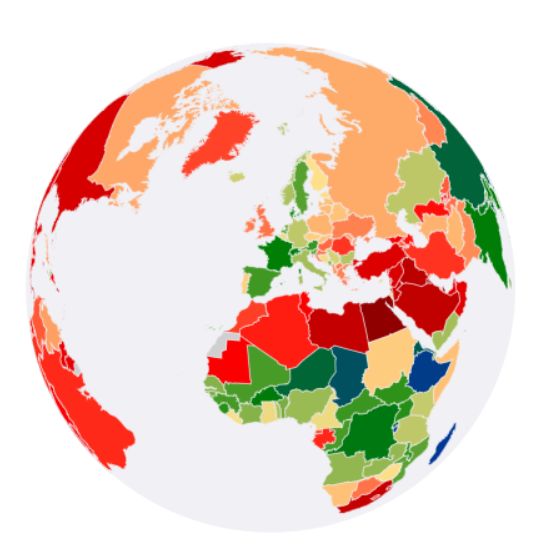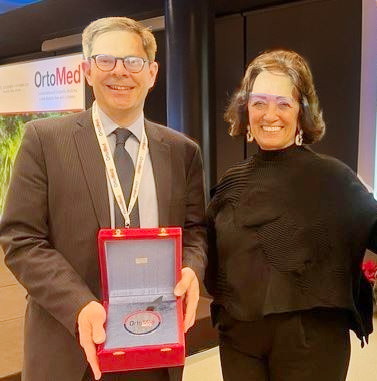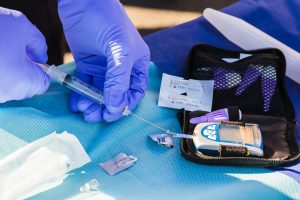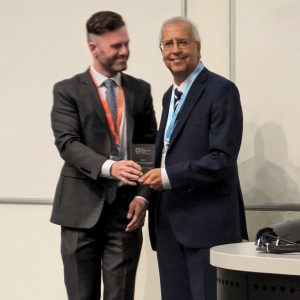[vc_row][vc_column][vc_column_text]£2.2million has been awarded to Southampton researchers to work with gamers and teenagers to develop computer games to improve health.[/vc_column_text][vc_column_text]Teenagers can be difficult to engage in thinking about their health and their health needs have for a long time been ignored. This National Institute for Health Research-funded programme will support University Hospitals Southampton NHS Foundation Trust and the University of Southampton to work with teenagers, parents and schools, using the latest in game design to support adolescents become fitter and eat better.[/vc_column_text][vc_column_text]The UK games market is currently worth £4.2 billion pounds a year and the hosts the best established ‘serious games’ scene in the world. Games like ‘Pokémon Go’ have shown the power that gaming has to make people more active. The new game will be developed and tested with teenagers attending LifeLab. LifeLab is a unique, state-of-the-art teaching laboratory based in Southampton General Hospital and run by the staff from the University of Southampton. It is dedicated to improving adolescent health by giving school students opportunities to learn first-hand the science behind the health messages. In the new research programme, whole classes of teenagers who have been through LifeLab will be offered support back in school from specially trained teachers and will be encouraged to use the new game to help them change their eating habits and be more active. The researchers will assess how successful this is in improving teenagers’ lifestyles.[/vc_column_text][vc_column_text]LifeLab was first initiated in 2008 at the University of Southampton. This new 5-year programme of research will be run by researchers from the University’s MRC Lifecourse Epidemiology Unit, Faculty of Medicine, School of Education, the Mathematics and Science Learning Centre, the NIHR Biomedical Research Centre, Southampton, and UCL, in collaboration with game designers from Glasgow Caledonian University, and Southampton City and Hampshire County Councils and schools in the Wessex region.[/vc_column_text][vc_single_image image=”4643″ img_size=”full” alignment=”center” style=”vc_box_shadow_3d”][/vc_column][/vc_row][vc_row top_margin=”page_margin_top”][vc_column][vc_column_text]Dr Mary Barker, associate professor of psychology at the MRC Lifecourse Epidemiology Unit said:[/vc_column_text][vc_column_text]
“This is a particularly significant development for LifeLab and for research on adolescent health in Southampton. Strong University and City collaborations over many years laid the foundation for this new programme of research. Gaming is one of the UK’s largest new industries and I am particularly excited about the prospect of working to improve teenagers’ health with colleagues from Glasgow Caledonian University who are experts in this creative new area of science.”
[/vc_column_text][/vc_column][/vc_row][vc_row top_margin=”page_margin_top”][vc_column][vc_column_text]Hazel Inskip, professor of statistical epidemiology and deputy director of the MRC Lifecourse Epidemiology Unit said[/vc_column_text][vc_column_text]
“This is a very exciting development for LifeLab which has been running very successfully in Southampton since 2008 and in its own purpose built facility since 2013. LifeLab enthuses teenagers to improve their lifestyles but the addition of the teacher support and the gaming will enable them to keep motivated and embed new behaviours into their lives”
[/vc_column_text][/vc_column][/vc_row][vc_row top_margin=”page_margin_top”][vc_column][vc_column_text]LifeLab is very popular with students and teachers alike. Jenny Paulsen, 15, a student from Regents Park School Southampton who attend LifeLab in Year 9, said:[/vc_column_text][vc_column_text]
“I believe it would be good for everyone if LifeLab was able to reach more people across the UK because I truly think that they really can make a change in people’s lives, especially school students. Their approach and ideas on health issues and how to improve them is engaging and is easy to put into practice.”
[/vc_column_text][/vc_column][/vc_row][vc_row top_margin=”page_margin_top”][vc_column][vc_column_text]Graham Wilson from the Southampton Headteacher network said:[/vc_column_text][vc_column_text]
“Empowering the students in our city to take knowledge (from LifeLab) and translate it into healthy lifestyle choices has the potential to result in significant impacts on our students’ lives now and in the future.”
[/vc_column_text][/vc_column][/vc_row][vc_row top_margin=”page_margin_top”][vc_column][vc_column_text]The programme will run at the Faculty of Medicine, University of Southampton from 1st October 2017 to 31st December 2022. We welcome public engagement in this programme and would encourage anyone interested in helping us develop this research to get in touch at the address below.[/vc_column_text][/vc_column][/vc_row][vc_row top_margin=”page_margin_top”][vc_column][vc_column_text]For more information
Becky Attwood, Media Relations Officer, University of Southampton, Tel: 02380 593212, Mob: 07342 060429, Email: r.attwood@soton.ac.uk[/vc_column_text][vc_column_text]LifeLab has been running in Southampton since 2008. The programme has a significant local presence and has received strong support from local schools, OFSTED, Hampshire County Council and Southampton City Council.[/vc_column_text][vc_column_text]The MRC Lifecourse Epidemiology Unit is funded by the UK Medical Research Council and aims to promote human health using lifecourse epidemiological methods. It uses large cohort studies and interventions to develop and assess ways of reducing the risks of developing non-communicable diseases.[/vc_column_text][/vc_column][/vc_row]








